Aggressively Fighting for the Best Possible Outcome
TAMPA DRUG POSSESSION ATTORNEY
Work with an Experienced Former Prosecutor
Florida drug charges are serious criminal offenses, regardless of the drug or amount you’ve been arrested in possession of. Florida prosecutors usually go for the maximum punishment when attempting to convict a person on possession charges. Even if you’re facing misdemeanor charges, you risk facing jail time and fines if you don’t have solid legal representation.
When you’ve been caught with alleged drugs in your possession, you want to do whatever it takes to avoid conviction. Depending on the severity of your charges, you could face a felony conviction, which will remain on your criminal record forever.
At Buda Law, our founding attorney Andrew Buda previously served as prosecution for the state attorney’s office, so he has experience on both sides of the courtroom with drug crime cases. When you work with Buda Law, your Tampa drug crimes attorney will structure your defense according to the circumstances of your drug crimes arrest and work to disprove the prosecution’s evidence. Your experienced criminal defense lawyer will try to have your drug charges lowered, dismissed, or dropped so that you can move on with your life with a clean record.
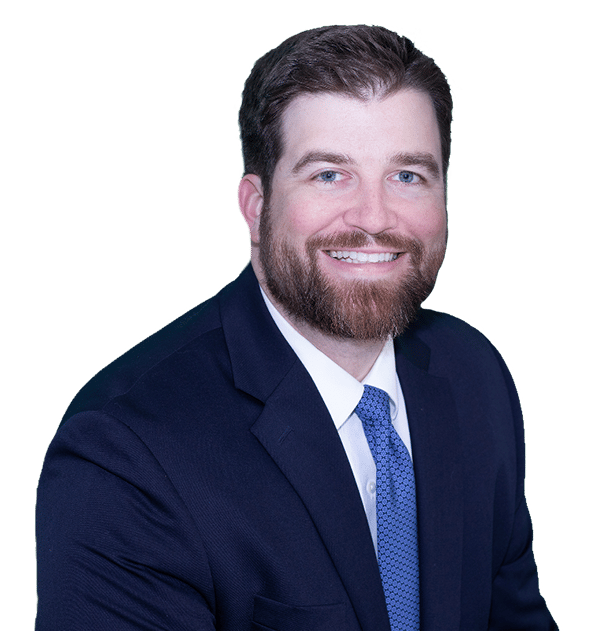
To schedule a free consultation with Tampa’s leading drug crimes lawyer, call our law firm at (813) 322-2832.
Florida Drug Possession Laws
Florida is extremely strict when it comes to prosecuting drug crimes, so many of the penalties one faces following a drug arrest can be quite serious compared to those in other states. Even a misdemeanor drug crime can carry jail time and expensive fines if convicted.
Florida law considers the possession of any controlled substance as a criminal offense. According to Florida Statute Section 893.13, it’s illegal for anyone to knowingly be in possession of a controlled substance. This means that even possessing a controlled substance without the intent to sell is illegal and can be a misdemeanor or felony offense. When someone is arrested on drug possession charges with no intention to sell, this is considered simple possession.
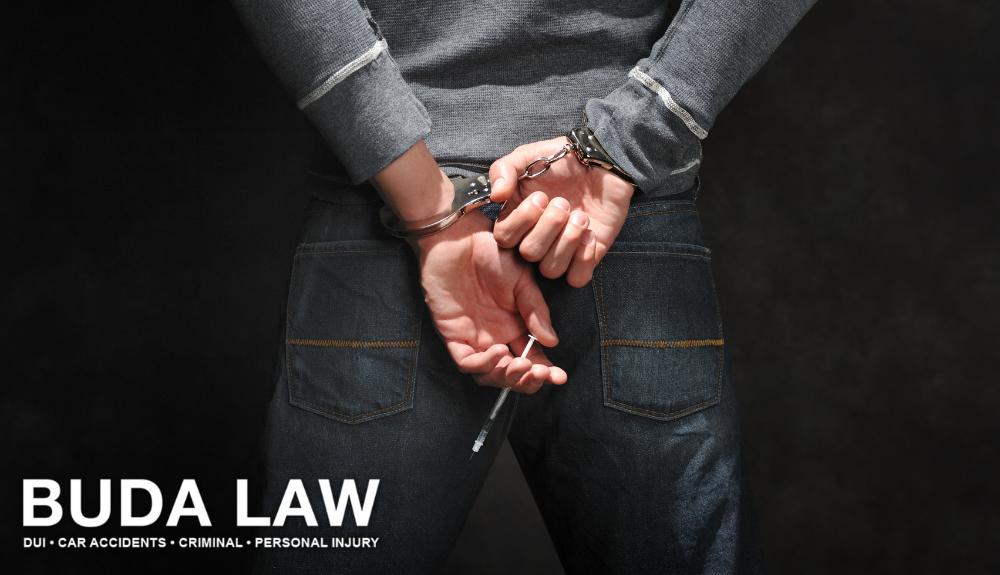
Florida Statute Section 893.13
Florida Statute Section 898.13 is extremely detailed when outlining the prohibited acts surrounding drug possession and their penalties. This Florida law covers everything from simple possession to buying drugs, selling drugs, manufacturing drugs, and more.
If arrested for a possession drug crime, your punishment will depend on both the type of drug found and the amount. Harsher penalties and fines are associated with larger amounts and more serious drugs. For example, if you’re arrested with a small amount of marijuana, your punishment will be less severe than if you were found with the same amount of heroin.
Possession of Marijuana
While the legality of marijuana is up for constant debate, it’s still illegal to be in possession of the drug, according to Florida law. If you’re arrested with marijuana possession, you could be charged with a misdemeanor or felony offense, depending on the amount found on your person.
- First-degree misdemeanor: Under 20 grams of marijuana can result in up to a year in jail, a year of probation, and a $1,000 fine.
- Third-degree felony: Being arrested with over 20 grams of marijuana can result in a five-year prison sentence, a $5,000 fine, and five years of probation.
Being arrested for marijuana possession may not seem like a big deal, but the consequences of having a drug charge on your criminal record can stay with you for the rest of your life. Most misdemeanor drug crimes are eligible for expungement, but you want to avoid a conviction altogether, if possible. If you’ve been arrested on marijuana possession charges, Tampa drug crime lawyer Andrew Buda will work towards getting your charges reduced, dismissed, or dropped.
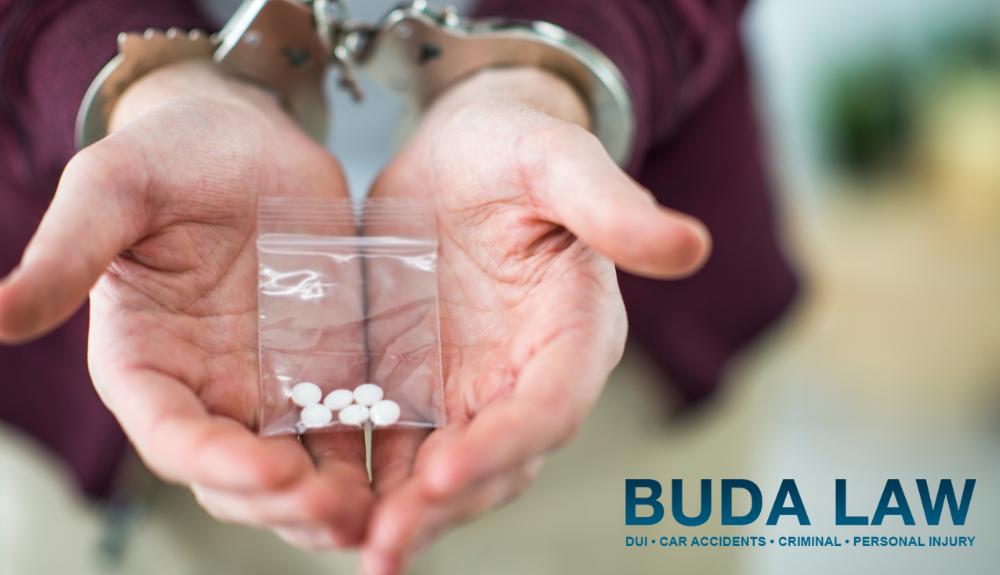
Possession of a Controlled Substance
A controlled substance is considered any chemical or drug that is regulated by the government. Examples of controlled substances are depressants, stimulants, opioids, anabolic steroids, and hallucinogens. The government regulates controlled substances to avoid drug misuse and abuse and prevent overdoses.
Drugs that are considered controlled substances are categorized into five schedules according to the Controlled Substances Act (CSA). The drugs are assigned a schedule based on their acceptable medicinal use and potential for abuse.
- Schedule I Drugs: Drugs that are not accepted medicinally and have a high probability of abuse. Examples include heroin, marijuana, LSD, and ecstasy.
- Schedule II Drugs: Drugs with a high possibility of abuse and psychological or physical dependence. Drugs under this schedule are considered dangerous. Schedule II drugs include oxycodone, methadone, cocaine, fentanyl, Adderall, Dilaudid, methamphetamine, and Ritalin.
- Schedule III Drugs: There is a low to moderate risk of dependence on Schedule III drugs. Examples are ketamine, testosterone, anabolic steroids, and any product with less than 90 milligrams of codeine.
- Schedule IV Drugs: Drugs with a lower potential for abuse and risk of dependence. Tramadol, Xanax, Valium, Ambien, and Ativan.
- Schedule V Drugs: Drugs with an even lower possibility for abuse and dependency. Schedule V drugs include Robitussin AC, Lyrica, Lomotil, and Parapectolin.
Possession of a controlled substance is considered a third-degree felony and is punishable by a maximum five-year prison sentence and/or a fine of up to $5,000. The drug schedule assigned to the drug you’re found in possession of can affect your drug crime penalties.
If you’ve been convicted of one or more felony crimes and are arrested for possession of a controlled substance, you’re considered a repeat offender, according to Florida Statute 775.084. Those arrested based on this Florida law can face an enhanced prison sentence of 10 years.
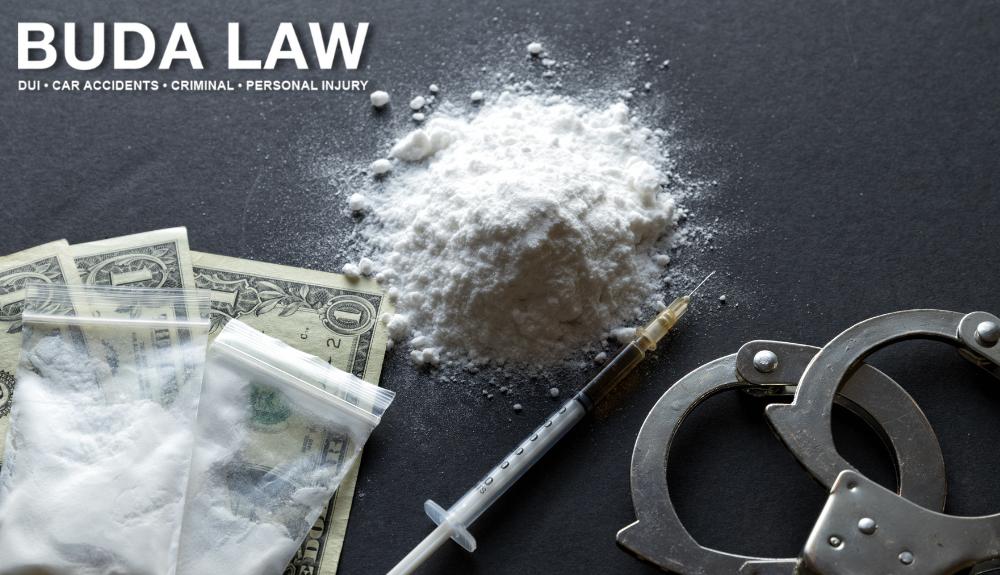
Possession of Chemicals Used to Manufacture Drugs
It is illegal for anyone to unlawfully possess a listed chemical with the intent to manufacture and distribute a controlled substance, according to Florida Statute 893.149. This drug charge is similar to drug trafficking because the person accused knowingly possessed the drug or chemical required to manufacture the drug and intended to manufacture it. A conviction of a possession to manufacture charge is considered a Florida second-degree felony. If found guilty, the offender can face up to 15 years in prison and a fine of up to $1,000.
Possession of Drug Paraphernalia
Florida Statute Section 893.145 defines drug paraphernalia as any equipment, materials, and products that can be used to plant, grow, cultivate, store, manufacture, conceal, ingest, transport, inhale, or put in the body of any controlled substance. Possession of drug paraphernalia carries a first-degree misdemeanor charge which can be punishable by up to a year in jail and a fine of up to $1,000. In addition to being charged with possession of drug paraphernalia, you can also be charged with drug possession, possession with the intent to sell, or other drug-related offenses.
Drug paraphernalia encompasses a wide range of products and items that can be used to aid in the use or selling of drugs. Common drug paraphernalia items include:
- Baggies
- Balloons
- Blenders
- Bongs
- Bowls
- Containers
- Cutting agents
- Duct tape
- Envelopes
- Roach clips
- Rolling papers
- Scales
- Spoons
- Syringes
- Water pipes
Possession With Intent to Distribute
If you’re arrested on a simple drug possession offense, you could face drug possession with the intent to distribute charges. If the Tampa police officers determine that you were in possession of drugs with the intent to sell, deliver, or transfer, you could face a misdemeanor or felony charge depending on the type of drug or drugs that are found.
In order to be charged with intent to distribute, evidence must be found at the time of your arrest that warrants the charge. Evidence that can lead to this drug charge is if the arresting officer finds small baggies, large amounts of cash, or other drug paraphernalia on your person that can be used when selling drugs. An intent to distribute charge can also occur if you’re found with a large amount of drugs in your possession. The prosecution will argue that such a large amount is too much for personal use and you’re most likely in possession of it to sell.
The penalties for an intent-to-distribute charge will vary depending on the type of drug in your possession. A possession with intent to distribute conviction may result in anything from a first-degree misdemeanor to a first-degree felony. If arrested within 1,000 feet of a school, community center, child care facility, recreational facility, or state, county, or municipal park, you could face enhanced sentencing at the discretion of the Florida court system.
Possession with the intent to sell should not be confused with drug trafficking. Both drug charges are different, with one carrying much harsher penalties. If you’re arrested with a substantial amount of drugs, Tampa prosecutors can charge you with drug trafficking. When accused of this offense, they’re not required to prove there was intent to sell due to the large quantities of drugs found. The penalties for a drug trafficking charge in Florida will depend on the drug involved and the amount of that drug.
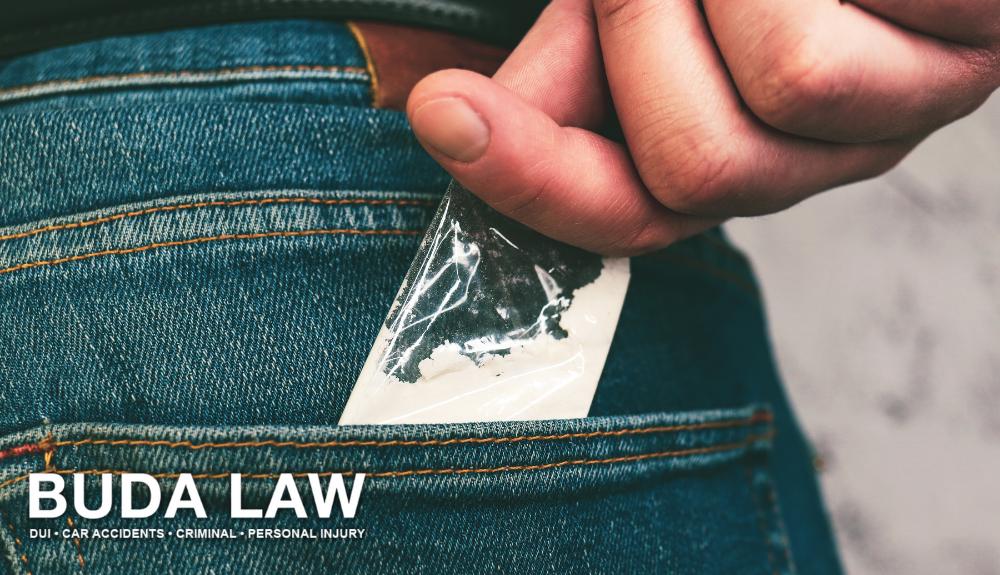
Actual vs. Constructive Possession
There are two types of drug possession you can be charged with in Tampa, actual possession and constructive possession. Both drug possession charges have the same penalties, but the proof your Tampa drug crimes attorney is burdened with is different. Which type of possession charge you’re facing will determine the defense approach that your attorney takes.
An actual drug possession charge occurs when the arresting police officer claims they discovered a controlled substance or other drug paraphernalia on your person, which led to your arrest. According to the definition of possession, the substance is located on your clothing or in a bag on your person.
A constructive possession drug charge states that you are the owner of an illegal substance or other drug paraphernalia that is not in your possession. This drug possession charge is harder for the prosecuting attorney to prove since the drugs are not actually on you. They will be tasked to prove that you were aware of the drugs and the location of the drugs. Your Tampa drug crime lawyer may provide evidence disproving that you knew about the drugs and/or their location in order to dismiss this charge. Another possible defense strategy is that the search that found the drugs was done so illegally.
Whether you’re facing an actual or constructive possession charge, Tampa criminal defense attorney Andrew Buda has what it takes to create a solid defense strategy and will work to get the drug charges lowered, dropped, or dismissed.
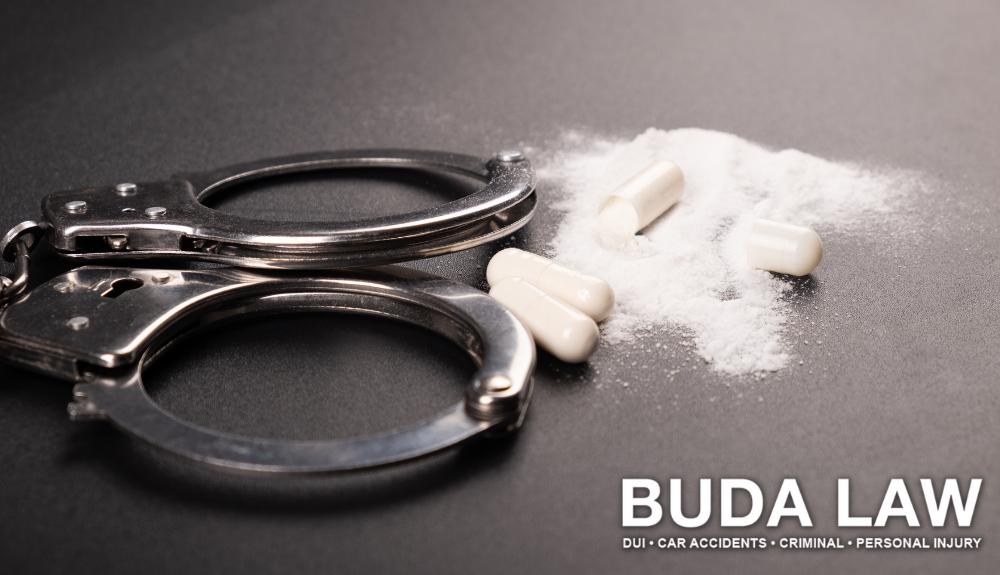
Florida Drug Possession Sentencing
Once again, the penalties surrounding your drug possession charges will depend on a number of factors, including the type of drug you were in possession of and if you have any prior offenses. If you’ve been charged with a misdemeanor drug offense, like possession of marijuana or drug paraphernalia, you’ll typically face less than a year in jail. If you’re charged with a felony drug offense, you could face a maximum sentence of 15 years in prison. The length of your prison sentence will depend on how severe the felony charges are.
Most drug possession charges are considered a second-degree or third-degree felony. If charged with a second-degree felony, the maximum prison sentence is 15 years, and a third-degree felony is five. Even if you face felony charges for a drug crime, it doesn’t necessarily mean you’ll serve the maximum prison sentence. When it comes time for your prison sentencing, the judge will use their discretion when setting your penalties. Your drug crime judge will consider whether you’ve had any previous drug arrests, the amount of drugs found on your person, the type of drug or paraphernalia, and what schedule the substance is.
If your drug arrest is a first-time offense and you have a small amount of drugs in your possession, you’ll likely face a lesser sentencing and penalties. On the other hand, if you have prior drug convictions and have a large amount of illegal drugs on your person, you’ll most likely serve the maximum prison sentence.
There are circumstances where a drug possession arrest can result in federal drug charges. For instance, you may face federal charges if you’re arrested for drug possession on a United States military base, in federal waters under U.S. protection, or on other federal property. A federal drug charge is extremely serious and can be a complicated legal process, so it’s important to hire an experienced Tampa drug crime lawyer as soon as you’ve been arrested.
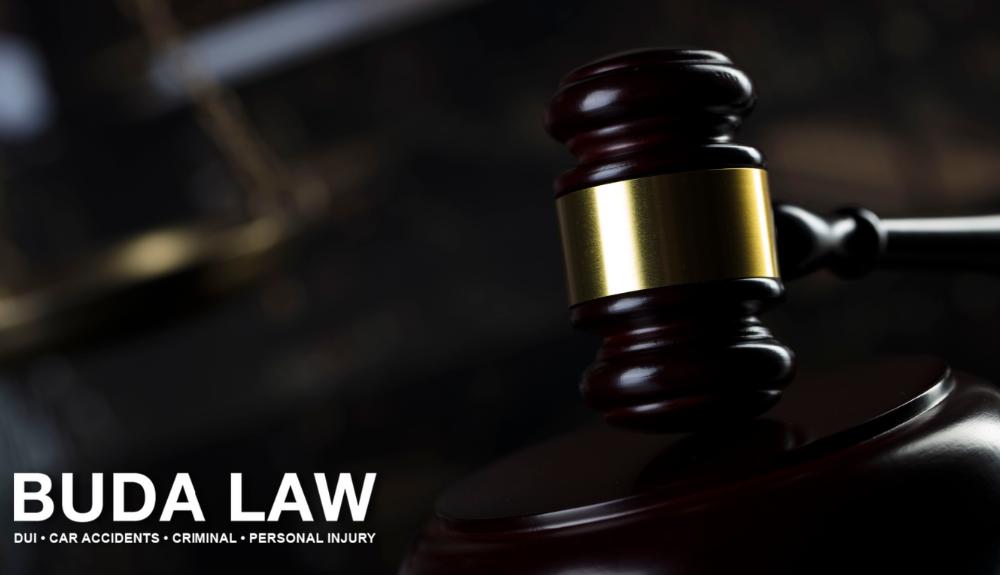
Facing Florida Drug Possession Charges? Call the Tampa Drug Crime Lawyers at Buda Law Today
If you’ve been arrested on a misdemeanor or felony drug possession offense, you need the help of an experienced Tampa criminal defense attorney like Andrew Buda. Drug charges, even minor ones, can remain on your criminal record forever, so they should be taken very seriously and with top legal representation.
Florida punishes drug crimes harshly, so chances are the prosecuting attorney in your case will try to obtain maximum sentencing in your case. Former prosecutor turned criminal defense lawyer Andrew Buda understands the other side’s tactics to convict a person on drug possession charges. Using his extensive knowledge of Florida drug laws and experience on both sides of the courtroom, your Tampa drug crimes attorney will work to unravel the prosecution’s accusations so that your charges can be reduced, dropped, dismissed, or acquitted.
Being arrested for Tampa drug crimes is serious, so don’t take your chances with average criminal defense attorneys. When you face a possible misdemeanor or felony conviction, you want the best drug possession lawyer in your corner, Andrew Buda. To schedule a free consultation regarding your Tampa drug charges, call Buda Law at (813) 322-2832 or reach out to us online today.
CASE RESULTS
Get the Toughness of a Trial Attorney
START BUILDING YOUR CASE
Schedule a Free Consultation
WHAT MAKES OUR DEFENSE SO EFFECTIVE?
- Former State Prosecutor
- Highly Responsive & Accessible
- Result-Oriented Advocacy
- We Prepare Every Case as if it's Going to Trial
- Personal Representation Centered Around You
- Exceptional Negotiator
